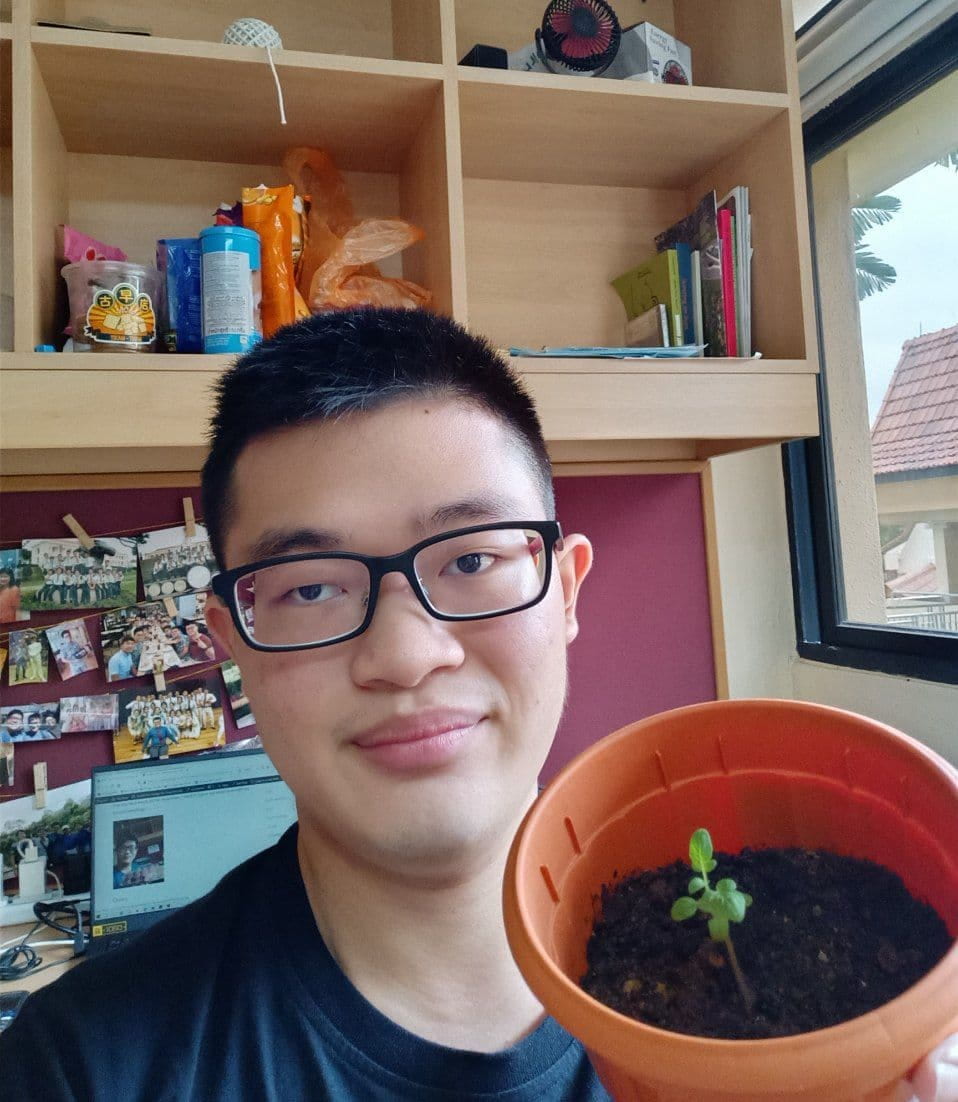I still love eating – who doesn’t? After 11 weeks of looking at the food production scene in Singapore and beyond, I have come to appreciate many tiny details along the way.
It was interesting to see how this topic of food security touched on what I have learnt this semester – not just in ENV1101. From the SG Fresh Produce logo invoking Geographical Imaginations under the Singapore brand to price elasticity and its effects on our imports. All the research I did for this blog really opened my eyes to certain quirks of food production – from what vegetables were produced to even less conventional ways produce were sold and the considerations of producers.
Your questions and comments also challenged the way I think and write, from exposing certain blindspots or highlighting areas where my choice of words made what I was trying to portray ambiguous. Amidst this COVID pandemic, many of our interactions were online and all our earlier interactions in the comment section in each other’s blogs did help foster a stronger sense of belonging and familiarity within the BES community for our batch. I look forward to meeting everyone “IRL” next sem.

collab on frog legs. A 14-year journey from farm to fork – and meeting new people along the way
Of course, there are many aspects of this blog that could have been done better. The visual attractiveness of this blog being the most noticeable at first glance, as well as how I display information from interviews and the overall structure of my blog. There are still some topics that have not been covered – such as what lessons we can learn from our water security story as well as more on the impact of our 30×30 goal beyond Singapore. Here are some blogs that are presented very differently from mine that may interest you: Sherry’s was highly structured and well thought out from the beginning, Natasha’s was a lot more visually appealing and this post by Kelly really incorporated interesting media. I should probably have experimented with and adopted their best practices earlier, especially after I realised I have the creativity of a peanut…
A word of advice to any juniors reading this in 2021 and beyond: choose a topic you are interested in then think about how that affects the environment. Suprisingly, I managed to include many of my other “random” interests from numismatics to scouting and gardening (either that or I was actually shoehorning unrelated stuff in, you be the judge). If your area of interest seems to already have been covered by the seniors, how have your lived experiences influence how you view the same issues?
Oh, it is also important to think critically when reading other’s posts. For example, my advice in the previous paragraph may actually be a bunch of hogwash.

update on my tomato seedling – transplanted it a bit late but it has grown a lot over this semester too. Draw whatever metaphors you want.
That’s it from me. All the best for finals and good luck (and have fun) on your blogs if you’re reading this in the future. Spare a thought to where your food comes from and how sustainabe they are!
Cheers!
See Toh Ee Kin


Recent Comments